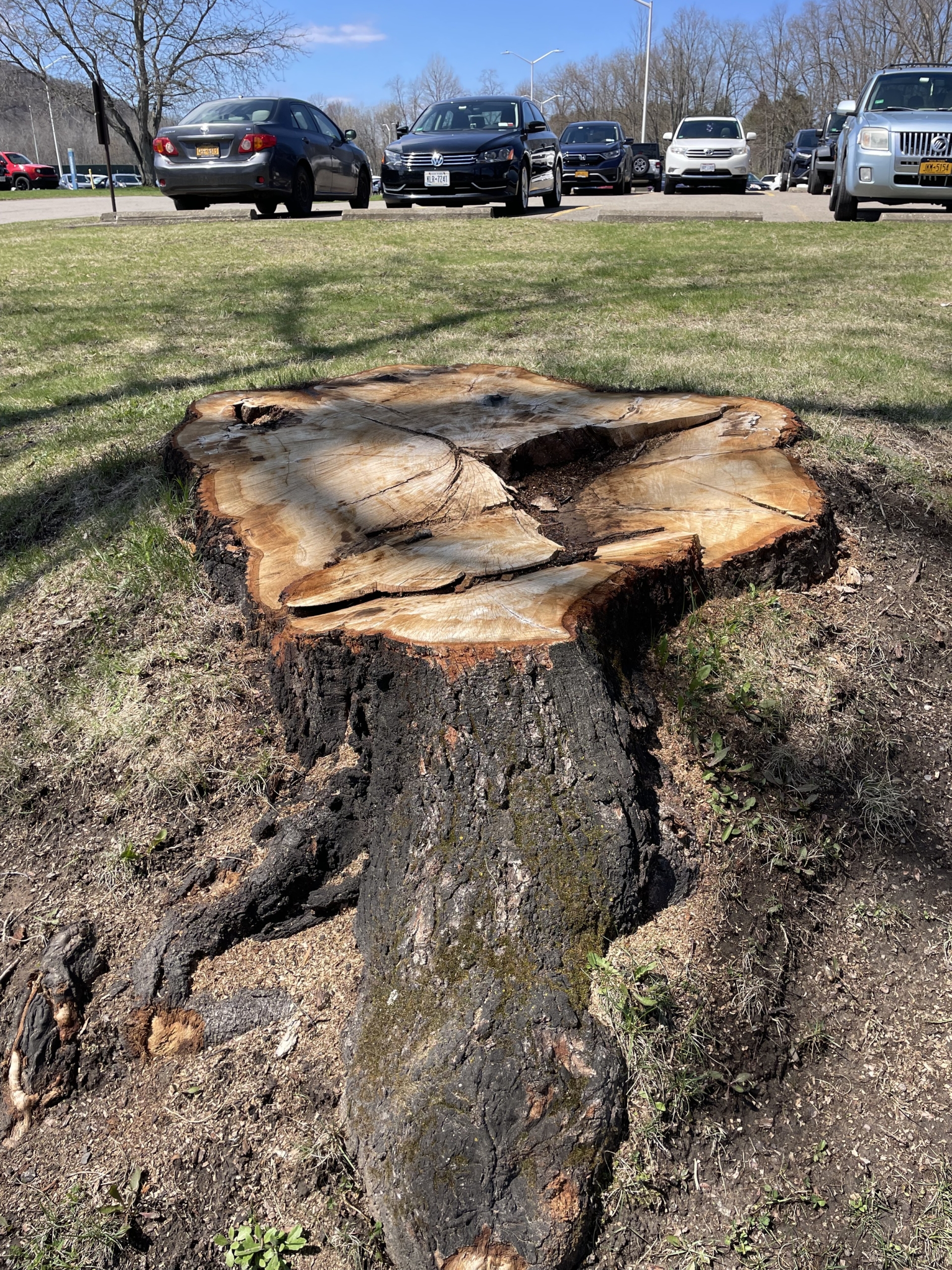Lian Bunny
Assistant News Editor
Doctor to the Vice President Kevin O’Connor, ’88, returned to St. Bonaventure to speak on his liberal arts education’s impact on his leadership and achievements.
O’Connor’s speech was held in the Regina A. Quick Center for the Arts Thursday, Feb. 13.
“There is nothing we (leaders) can’t do,” O’Connor said. “There are some things that we should not do. There are things we will not do. You can get that lots of places, but St. Bonaventure is an easy place to get it.”
Leadership was a significant part of O’Connor’s experience at St. Bonaventure. He attended the university on an Army ROTC scholarship and received his Bachelor of Science degree with a major in biology and a minor in theology. O’Connor was also class president, a resident assistant and the founder and director of the campus’ Medical Emergency Response Team (MERT).
His leadership continued as he completed medical school at New York College of Osteopathic Medicine in 1992. He received his residency training at The Mountainside Hospital in Monclaire, N.J. and was named chief resident in 1995. He was appointed as a fellow of the American Academy of Family Physicians in 2009.
O’Connor opened his talk with a brief biography in which he stressed the importance of being a humble leader. He said how hard he tries to stay out of the press and called himself a “Republicrat,” emphasizing that his political affiliations did not influence his job.
When describing his job, O’Connor said he has to be an ultimate pessimist. His job is to prepare for the worst and to always be ready.
“You remove the emotion. That’s what leaders do,” O’Connor said. “They experience the same experience, but the leaders remove the emotion from the experience and make sound decisions.”
In his introduction, O’Connor also talked about his medical accomplishments. He said the one he is most proud of is helping to establish the Committee on Tactical Combat Casualty Care (CTCCC). This committee evaluates traditional methods to treat trauma and adapts them to use on the battlefield.
It is because of this committee that soldiers carry pill packs with them at all times. It reduces the pain as immediately as an IV.
When presenting this idea O’Connor encountered severe opposition from military personnel. As they protested carrying pills could be dangerous because they are not benign, O’Connor commented that military weapons soldiers carry are not benign either. He reasoned that, like weapons, military men could be trained to use the medicine properly.
“Good leaders are slightly irreverent. [They are] respectful and mildly irreverent. Just question assumptions. Think for yourself,” O’Connor said.
St. Bonaventure also taught O’Connor to be a merciful leader.
“I was not a good student. I had breaks that were critical,” said O’Connor. “How that has affected me as a leader is because a good leader will recognize critical forks in the road that are going to affect somebody’s life disproportionally to the scenario.”
O’Connor shared a story that exemplified his experience as a military doctor. A man confided in him he had partaken in an illegal act, which would get him kicked out of the army. Rather than report him, O’Connor got him the help he needed.
“That man became a good paratrooper,” O’Connor said. “He continued on to work for the U.S. Army Criminal Investigation Command and helped to bust drug rings. Currently, he is a firefighter in Chicago.”
David Bryant, a freshman journalism and mass communication major, was one of the students in the audience. He said hearing O’Connor’s speech gave him a greater appreciation for his liberal arts education.
“I think that he is a perfect example of what it means to have a liberal arts education,” Bryant said. “He shows a lot of knowledge in a lot of different areas and I think it culminates into the perfect kind of leader.”
bunnyla13@bonaventure.edu



